Description
Introduction
In the realm of industrial operations, Quick Closures are essential components that offer fast and secure access to the interiors of pressure vessels, pipelines, and similar systems. These mechanical devices can be rapidly opened and closed, facilitating easy inspection, maintenance, and cleaning while ensuring a secure seal for safety.
Their significance is immense across various sectors like the oil and gas, petrochemical, and pharmaceutical industries. By enabling swift access for operational tasks, routine upkeep, and emergency interventions, Quick Closures optimize operational processes, reduce downtime, and uphold high safety standards.
Understanding Quick Closures
At its core, a Quick Closure is a mechanical device designed to provide a secure seal on a pipeline or a pressure vessel, while also allowing for quick and easy access when necessary. They are typically used in industrial operations where frequent inspection, maintenance, or cleaning is required, and downtime needs to be minimized.
Quick Closures function by creating a seal that can withstand the pressure and temperature conditions inside the pipeline or vessel. Despite their complex function, the core components of Quick Closures are relatively straightforward.
The key components of a Quick Closure typically include the door, the seal, and the operating mechanism. The door is the main component that opens and closes, providing access to the interior of the vessel or pipeline. The seal, usually made of a flexible material, ensures a tight closure that can withstand the internal conditions of the system. The operating mechanism, which can vary significantly between different types of Quick Closures, is what allows for the quick opening and closing of the door.
In operation, the door of the Quick Closure is opened by activating the operating mechanism. This can often be done manually, without the need for tools. Once open, access to the interior of the pipeline or vessel is provided for inspection, maintenance, or cleaning. After these tasks are completed, the door is closed and the seal is engaged, creating a secure closure that can withstand the operational conditions of the system.
Types of Quick Closures
Quick Closures come in a variety of types, each with its unique design and operation mechanism. The three most common ones include the Bayonet Type, Clamp Type, and Lock Ring Type. These types cater to different operational requirements and pipeline configurations, each offering its unique advantages.
The Bayonet Type Quick Closure uses a male/female part mechanism that enables swift opening and closing. The Clamp Type employs a hinged clamp mechanism that provides a secure seal while also being easy to operate. Lastly, the Lock Ring Type employs a locking ring that holds the door in place securely and can be quickly released for opening. Understanding the nuances of these types can help in choosing the most suitable Quick Closure for specific industrial applications.
Technical Indicators for Quick Closures
- Nominal Diameter (DN): This refers to the standard diameter of the pipeline or pressure vessel. It’s a crucial factor in determining the size of the Quick Closure needed.
- Design Pressure (PN): This represents the maximum pressure that the system is designed to handle. The Quick Closure must be able to withstand this pressure to maintain safety and integrity.
- Working Medium: This is the substance (gas, liquid, etc.) that flows through the pipeline or is contained within the pressure vessel. The Quick Closure material should be compatible with this medium to prevent corrosion or damage.
- Design Temperature: This is the maximum temperature that the system is designed to operate at. The Quick Closure must be able to tolerate this temperature without losing its functionality or safety.
- Material: The material of the Quick Closure should be robust enough to withstand the working medium, design temperature, and design pressure. It should also offer corrosion resistance if necessary.
- Pipe Thickness: The thickness of the pipe wall determines the robustness of the pipeline or pressure vessel. The Quick Closure must be compatible with this thickness to ensure a proper fit and seal.
Applications of Quick Closures
Quick Closures find extensive use across various industries, each application unique and tailored to the specific requirements of that industry.
In the oil and gas industry, Quick Closures are often employed in pipelines and pressure vessels used for the transport and storage of petroleum products. They allow for regular inspection and maintenance, which is critical in this industry to prevent leaks and ensure the safe handling of these volatile substances. For instance, a Quick Closure could be used on the access port of a crude oil storage tank, allowing for easy inspection and cleaning.
The petrochemical industry also extensively uses Quick Closures in applications similar to the oil and gas industry. They are used in chemical reactors, separators, and filters where quick access is required for cleaning, maintenance, or inspection. For example, a Quick Closure might be installed on a chemical reactor vessel, facilitating regular inspection and maintenance of the internal components.
In the pharmaceutical industry, Quick Closures are used in sterile environments where quick and clean access is required, such as in bioreactors or fermenters. They ensure the integrity of the system is maintained while still allowing for easy access when needed.
The water treatment industry uses Quick Closures on filtration units or pressure vessels. They allow for quick and easy replacement of filter media or internal components without the need for extensive downtime.
These examples provide a snapshot of the versatility and importance of Quick Closures in different industries. Their ability to provide secure, quick access makes them an invaluable tool in a wide range of applications.
Maintenance and Safety Considerations
Proper maintenance is crucial for the longevity and safe operation of Quick Closures. Regular inspections can ensure the Quick Closure functions effectively and safely, while also preventing unexpected breakdowns and costly repairs.
Routine maintenance of Quick Closures typically involves checking and replacing the seals as needed, as a worn or damaged seal can compromise the integrity of the closure. The operating mechanism should be inspected for signs of wear or damage and lubricated regularly to ensure smooth operation. The door and other components should also be checked for any signs of corrosion or damage.
Safety is paramount when dealing with Quick Closures, particularly because they are often used with high-pressure systems. When opening a Quick Closure, it is crucial to ensure that the system has been fully depressurized to prevent any sudden release of pressure. Proper protective equipment, such as gloves and safety glasses, should be worn during maintenance or inspection tasks.
Moreover, all procedures related to the operation, maintenance, and safety of Quick Closures should be clearly documented and followed strictly. Regular training should also be provided to all personnel who will be operating or maintaining Quick Closures.
Conclusion
Quick Closures have emerged as an essential tool in a multitude of industries, spanning oil and gas, petrochemical, pharmaceutical, and water treatment sectors, among others. Their unique design facilitates swift access to pressure vessels and pipelines, enabling easy inspection, maintenance, and cleaning while ensuring safety and operational integrity.
Their adaptability and practicality make them invaluable in various applications. From facilitating regular maintenance in the oil and gas industry to ensuring sterile access in the pharmaceutical industry, Quick Closures has proven its versatility time and again. Their design, be it Bayonet, Clamp, or Lock Ring type, caters to diverse operational requirements and system configurations, further enhancing their usefulness.
Understanding the nuances of Quick Closures — from their core components and operation to the technical indicators that guide their selection — is critical to maximizing their benefits. Proper knowledge can guide the selection of the right Quick Closure for a given application, ensuring optimal performance, safety, and durability.

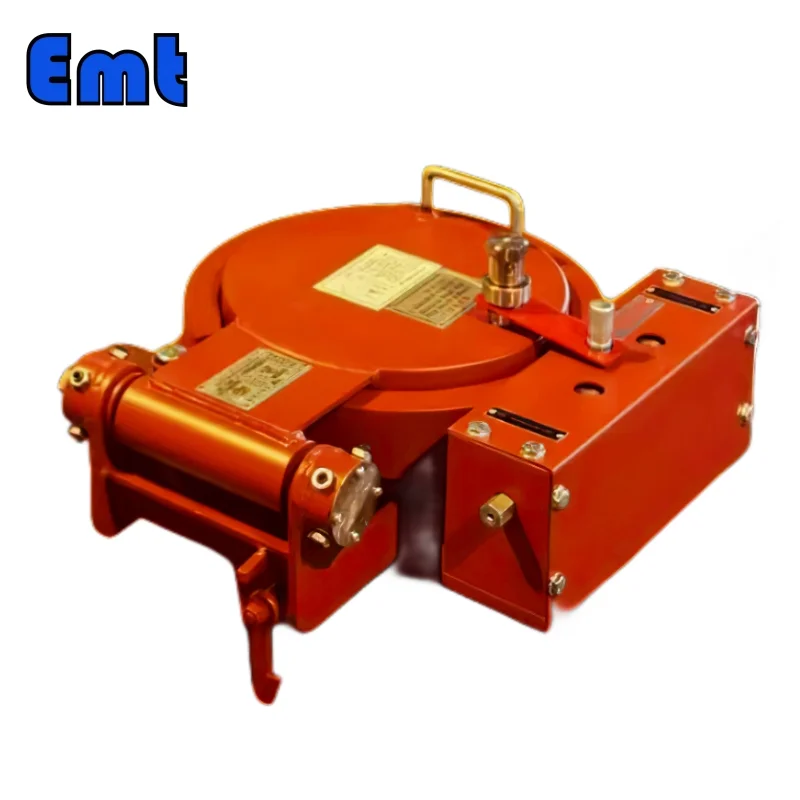

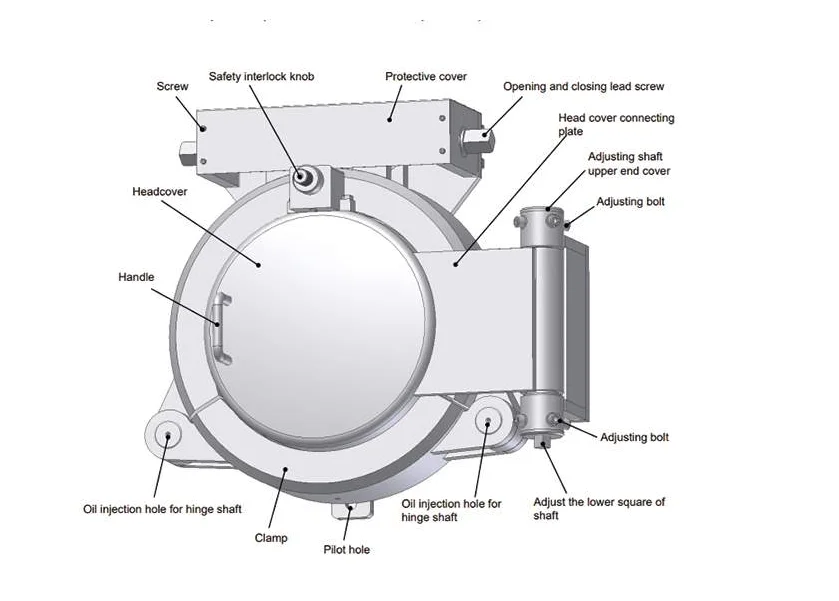
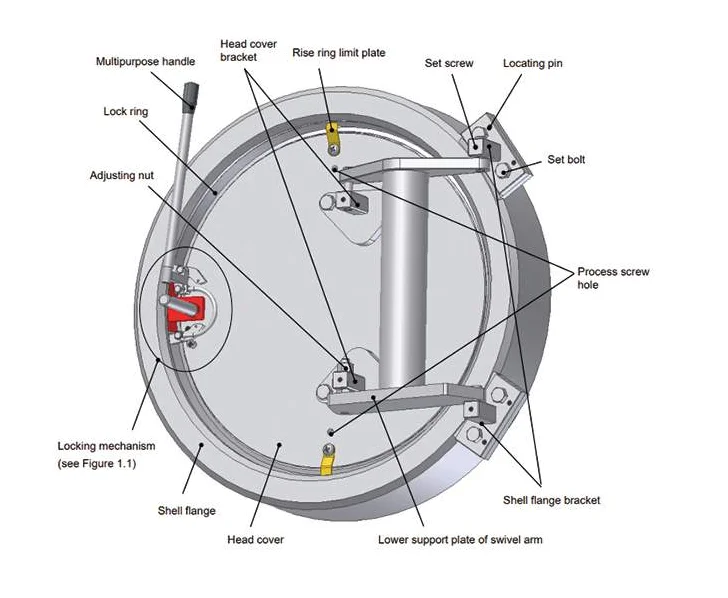

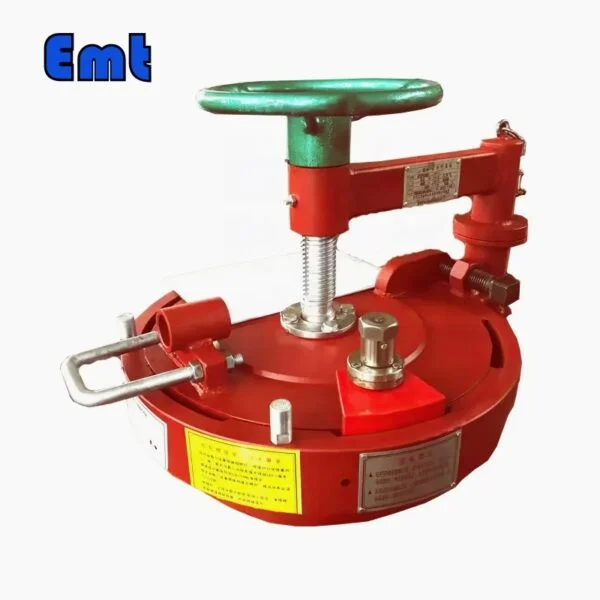
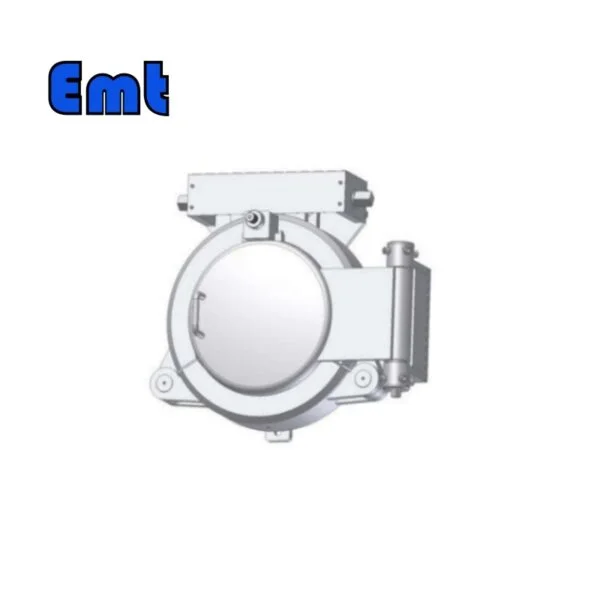
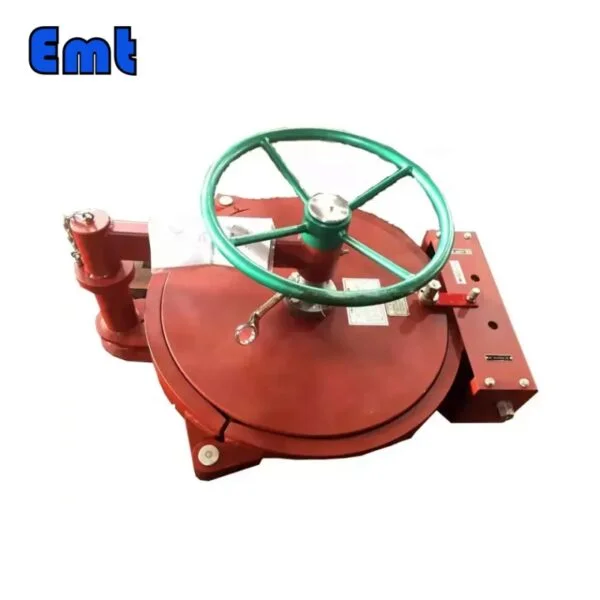
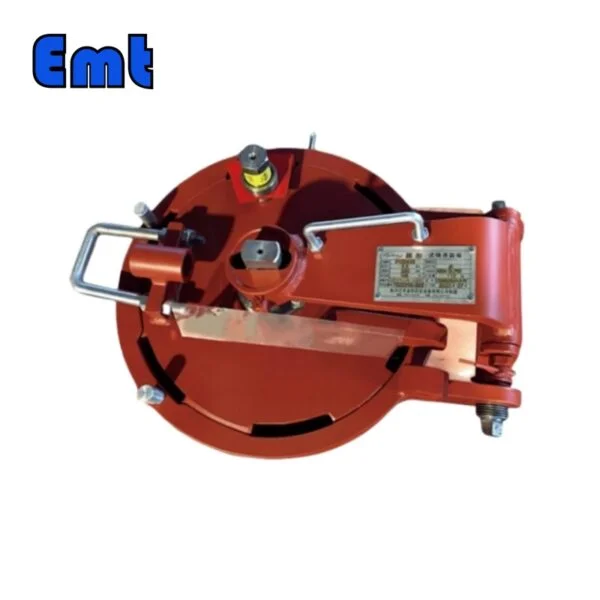
Reviews
There are no reviews yet.